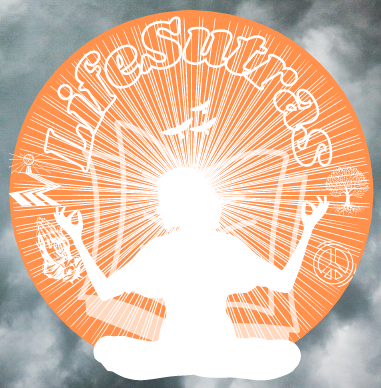In our past articles, we have discussed what success is and how it can be achieved. In this article, we are going to discuss the need for and methods of maintaining a continuous process of success. Two years ago, I built this website and started uploading articles regularly. Initially, I used to get new ideas about upcoming articles while writing about the current topic. I never used to sit and brainstorm about a new topic, but after 30-35 articles, I started drawing blanks and could not write anything until I received an auto-suggestion from my brain.
I was so discouraged by not finding anything interesting to write and not being able to produce any good pieces. I started losing confidence and faith in my own writing. I decided not to write anything until I found a truly unique topic. In this article we are going to discuss my own journey from failure to success.
Consistency: The Key to Sustained Success
I was searching for the root cause of my lost enthusiasm since writing is my passion and I was struggling to write. One Saturday evening, full of sorrow, I tried to find the reason for 2-3 days and realized that initially, I used to write on a daily basis. The topic was never a question for me, and my mind used to give me new ideas to write. One of the major reasons for most failures after achieving small successes is that people stop working after achieving their smallest goals. Everyone wants to own a luxury car or sports bike, but how many of us go out of our way to buy it? Only one percent of the total population. Do you know what we are lacking? Consistency.
Add “want to” things to your daily “to-do” list
If you are someone who faces difficulty doing something daily, try to add your “want to” things to your daily “to-do” list. Just like we brush our teeth daily, we should sit for meditation right after we brush our teeth.
Find a Buddy: Partner Up for Success
If you fail to do things regularly, you can find someone who wants to add this habit to their life. That person can remind you, and sometimes you can become their reminder. For example, start going to the gym with your partner, friend, or parents.
Accountability: Be Prepared to Answer for Your Actions
When we were students, we used to ensure that we completed our homework, especially for the subject whose teacher asked without fail. As humans, we do not like when someone asks a question and we do not have an answer.
Our ego gets triggered when someone questions us about our own work. So, ask someone to question you about your habit and whether you are following it or not. For example, if your friend asks you and you have to say, “I failed to follow what I decided,” their natural reaction will either be to explain the benefits of following it to you or to say something that makes you feel bad. Your ego gets triggered, and you will promise yourself to do it in the future without fail.
Be a Better Observer
One of the biggest mistakes is that we never appreciate our own achievements. For us, everything starts looking normal once we achieve it. This is because we see things from an attached perception and live that habit. What if we start looking at our life from a second person’s view? We will get detached from our own daily routine, become an observer, and realize how far we have come.
Celebrate Your Achievements
No matter what, celebrate your smallest achievements. You deserve to be appreciated for your first thought of doing something extraordinary, taking the first step, following it, and becoming a master. Celebrating and appreciating will automatically bring so much enthusiasm and positivity, which will lead you towards the path of success.
A Step to Success and Achievement
Now that you have become a master of the first step, celebrate your efforts and achievements, and move on. Do not ever make the mistake of sitting back and relaxing. This will bring comfort and make you forget your target. Once you achieve or get better at your first step, there is a golden opportunity to take a second step. A few additions will work to your first step and become a saviour. But keep asking yourself, “What’s next?” There are two benefits to this: you will never get bored, and you will always be in healthy competition with who you were yesterday. This attitude will always let you win.
Reconnect with Your Purpose: A Guiding Reminder
Last but not least, once we start getting success, we tend to forget our main purpose. We should never forget why we started. The only thing that acts as a source of energy is to keep in mind why we started the journey and to give our 100% to the same.
Success isn’t just a one-time event; it’s about sustaining and building upon achievements over time. Continual success requires ongoing effort, adaptability, learning from mistakes, and consistently striving to improve. It’s a journey of growth and perseverance rather than a destination.
However, while writing this article, I realized that creativity sometimes needs a break to recharge. Instead of pressuring myself to constantly produce new content, I started exploring different sources of inspiration. I read more widely, engaged with other writers, and sought feedback from my readers. Slowly, my passion for writing reignited. I began jotting down ideas again, no matter how small or incomplete they seemed. Eventually, the unique topics I had been searching for started to emerge naturally. I learned that taking a step back and giving myself time to breathe was essential for maintaining my creativity and continuing my journey as a writer. Now, I approach my writing with renewed enthusiasm and a deeper understanding of the flow of creative inspiration.
If you found these insights helpful and are looking for more inspiration and practical advice on achieving and maintaining success, visit our website at www.lifesutrasket.com. There, you’ll find a wealth of articles, tips, and resources designed to help you stay motivated and reach your goals. Join our community, share your journey, and let’s continue to inspire each other towards greater success.
Thank you!








































